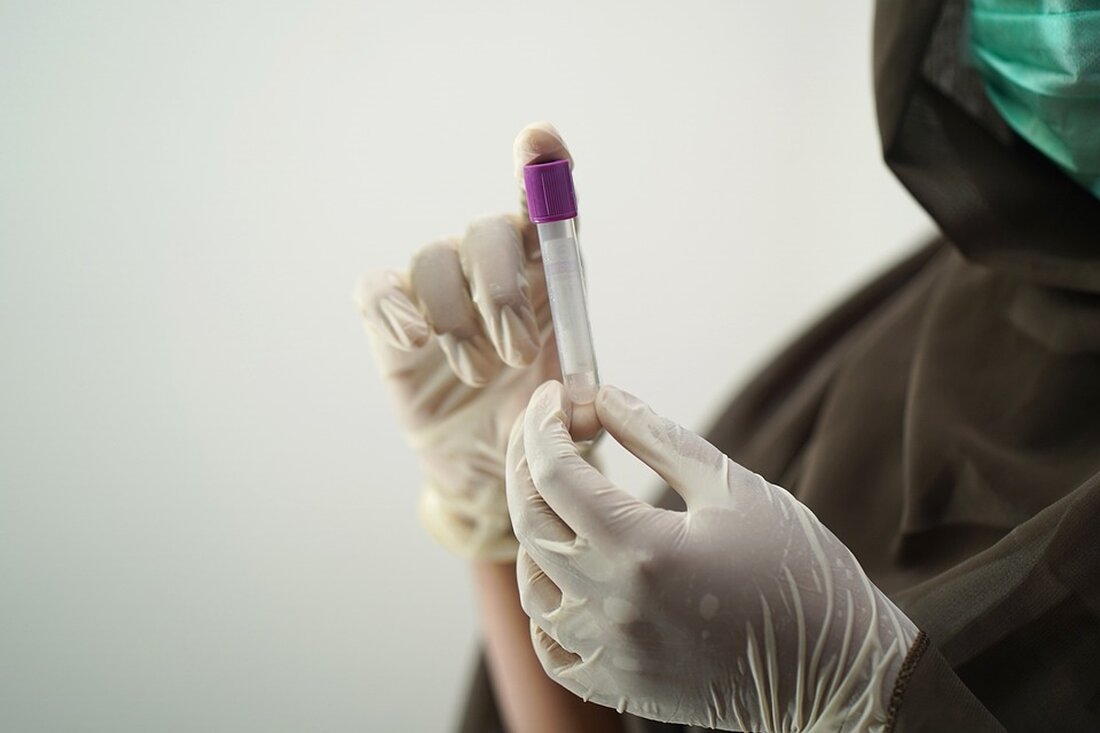HanseMerkur promotes cancer scan with blood test - experts criticize marketing and effectiveness
According to a report from www.ndr.de, the Hamburg insurance company HanseMerkur is promoting a policy that allows patients to have a blood test for cancer every year. The coffee roaster Tchibo is also involved in marketing. However, the advertising campaign met with sharp criticism from the Cancer Society, among others. The introduction of HanseMerkur's new “Cancer Scan” insurance policy has led to controversial discussions. The effectiveness of the blood test for cancer included in the offer (PanTum Detect) is controversial, particularly due to a study by the University Hospital Hamburg-Eppendorf (UKE), which was financed by Zyagnum AG, the manufacturer of the test. The criticism of the study relates to the…

HanseMerkur promotes cancer scan with blood test - experts criticize marketing and effectiveness
According to a report from www.ndr.de, the Hamburg insurance company HanseMerkur is promoting a policy that allows patients to have a blood test for cancer every year. The coffee roaster Tchibo is also involved in marketing. However, the advertising campaign met with sharp criticism from the Cancer Society, among others.
The introduction of HanseMerkur's new “Cancer Scan” insurance policy has led to controversial discussions. The effectiveness of the blood test for cancer included in the offer (PanTum Detect) is controversial, particularly due to a study by the University Hospital Hamburg-Eppendorf (UKE), which was financed by Zyagnum AG, the manufacturer of the test. The criticism of the study relates to the age group of the patients tested, which causes great skepticism among various medical professors and consumer advice centers. The marketing of the blood test via the coffee roaster Tchibo and the issuing of shopping vouchers raises additional questions.
The controversial debate surrounding the “cancer scan” could have a profound impact on the insurance market, consumer trust in medical tests and collaboration between insurance companies and retailers. Due to the skepticism and criticism, consumers could critically question the introduction of the policy, which could lead to a change in the marketing strategy of HanseMerkur and Tchibo. The reputation of the University Hospital Hamburg-Eppendorf is also at stake, as the test manufacturer's funding of the study raises questions about the credibility of the research.
Overall, the introduction of the “cancer scan” could have a major impact on the entire early medical detection and health advertising industry and requires careful consideration of the scientific basis and ethical aspects. Consumer trust and the credibility of medical testing are at stake, and it is critical to provide transparent and reliable information.
Read the source article at www.ndr.de

 Suche
Suche
 Mein Konto
Mein Konto
